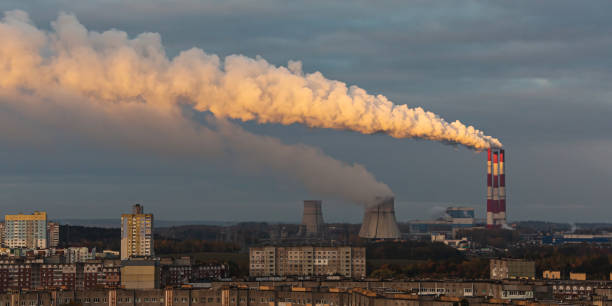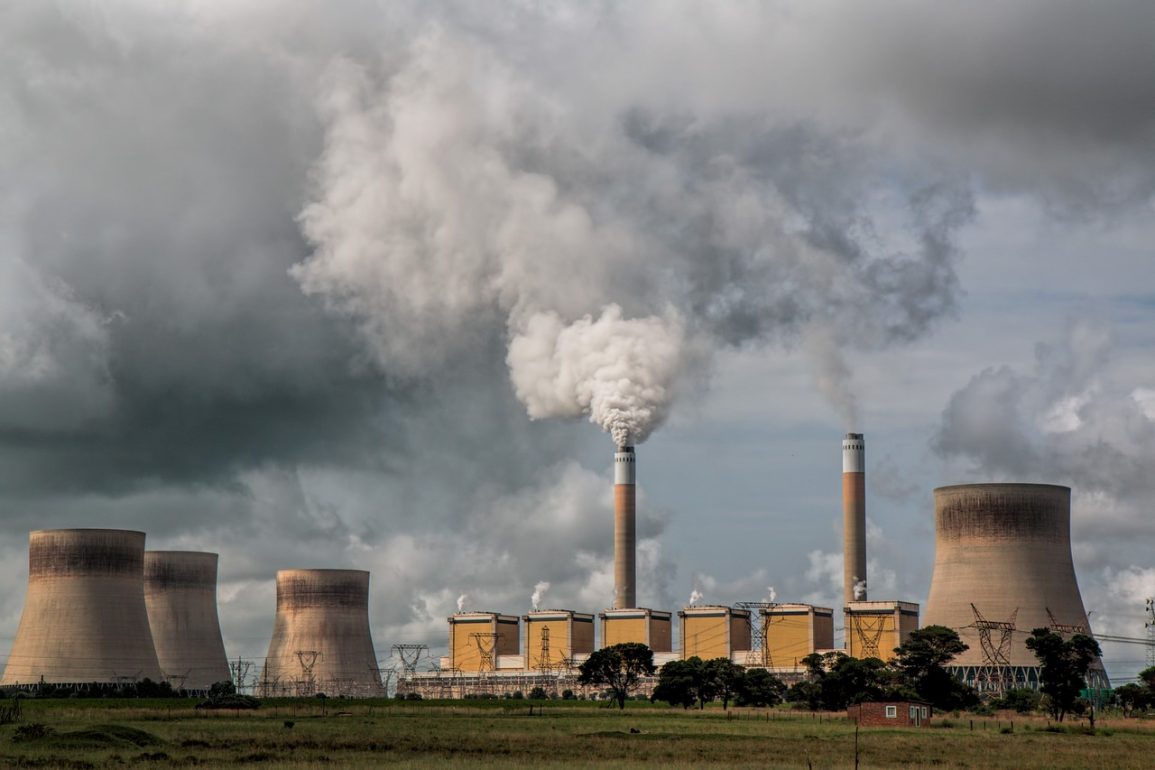One year after world leaders committed to transitioning away from fossil fuels, action has lagged behind promises, leaving climate diplomats, campaigners, and policy experts concerned.
The historic COP28 agreement, which called for the first global push to move away from fossil fuels, has yet to spark the necessary changes in major economies.
While renewable energy sources like solar and wind are expanding rapidly, they are not growing fast enough to significantly reduce the global reliance on oil, coal, and gas.
The International Energy Agency (IEA) reported that global emissions remain at record highs, driving unprecedented levels of greenhouse gases that continue to warm the planet.
Despite the momentum created by the COP28 pact in Dubai, leaders have struggled to turn these commitments into concrete actions.
Katrine Petersen from E3G, a policy think tank, noted the lack of political leadership on fossil fuel transition and warned that the issue was losing traction on the global stage.
For vulnerable nations facing climate disaster, such as small island states, the rhetoric has become hollow, with leaders like Pa’olelei Luteru of Samoa expressing frustration over the failure to implement real change.

Papua New Guinea, a Pacific nation particularly exposed to climate risks, has even boycotted the UN climate talks in protest of the lack of tangible progress.
Meanwhile, the diplomatic push for clearer steps to reduce fossil fuel reliance ahead of COP29 is facing strong resistance from oil-rich nations, such as Azerbaijan, who are reluctant to prioritize fossil fuels in the talks.
Although clean technology investments are rising, they still lag behind fossil fuel investments, and the growth of renewable energy is not yet sufficient to offset the increased use of fossil fuels.
This gap between promises and action was highlighted in a damning UN scorecard, which revealed that global progress on climate policies has been minimal.
The United Nations expert climate panel has warned that the simultaneous approval of new oil and gas fields while promising to reduce emissions is a contradiction that must be addressed.
As COP29 approaches, the world is watching whether nations will move beyond empty words and take real steps to protect the planet and its ecosystems for future generations.

